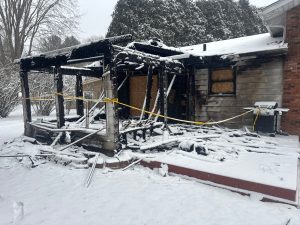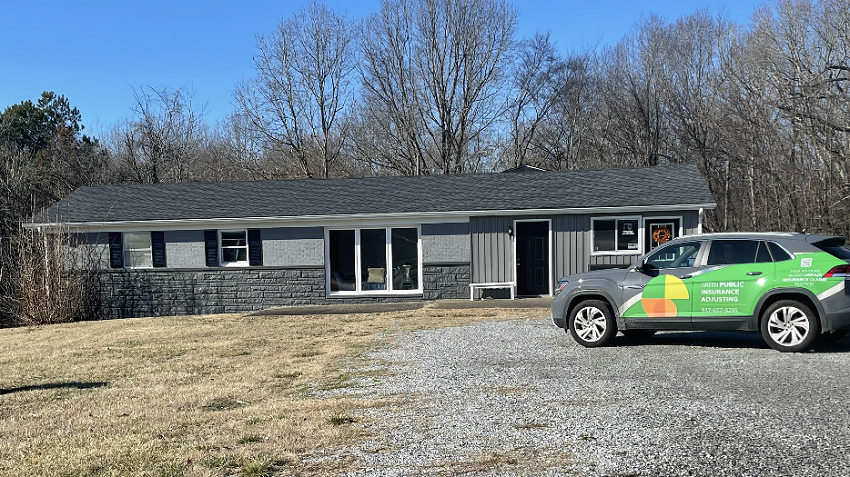Often public adjusters and law firms will work jointly to negotiate and settle insurance property damage claims. This handshake partnership becomes a well-spring of new business referrals on both sides, built on mutual trust and a shared commitment to the client’s best interests. But what happens when attorneys within the law firm resolve cases without providing notice? And worse, if settlement proceeds are distributed without consideration for the public adjuster contract in place?
These silent closures not only fracture professional relationships—they may jeopardize fee recovery, disrupt ongoing services, and leave the client caught in the middle of an unresolved mess. In this article, we explore why communication at case closure is critical, what risks exist when it’s absent, and how referral partners can protect themselves and their clients.
From a professional and ethical standpoint, it is not good business practice for a law firm receiving referrals from public adjusters or contractors to resolve cases without providing notice to the referring party or—most importantly—the client. Below are the key reasons why:
⚖️ 1. Client-Centered Communication
- Clients must be kept informed of material developments in their case, including settlement offers and case closure. Failure to notify the client violates the Rules of Professional Conduct in every U.S. jurisdiction.
- Referring professionals (e.g., public adjusters, contractors) are often engaged under separate agreements and may have ongoing responsibilities to the client. Resolving a claim without notice can disrupt service, leave issues unaddressed, or jeopardize recovery of fees.
🤝 2. Damages Referral Relationships
- A law firm that accepts client referrals from professionals like public adjusters or contractors is expected to foster mutual transparency and accountability.
- Closing a file or disbursing funds without notice may:
- Undermine future referrals
- Expose the law firm to reputational harm
- Result in disputes about payment for services already rendered
📝 3. Coordination of Services
- In claims involving appraisal, estimating, reconstruction, or inspections, multiple professionals contribute to resolution. Settlement without proper coordination can:
- Leave scope disputes unresolved
- Omit critical invoice reimbursement
- Trigger contract violations or liens
⚠️ 4. Legal & Ethical Liability
- If a settlement is reached without full disclosure or informed consent from the client, it may lead to:
- Claims of unauthorized settlement
- Fee disputes or bar complaints
- Legal malpractice claims if the outcome harms the client
✅ Best Practice Recommendations
- For law firms receiving client referrals:
- Notify both the client and referring professional when a settlement is anticipated or finalized
- Coordinate disbursements to ensure all parties with valid contracts or liens are addressed
- Document communications with the client and advisors regarding final claim amounts and any outstanding services
Closing Thoughts
Trust, transparency, and collaboration are the foundation of any professional referral relationship. When a law firm accepts a client referral from a public adjuster or contractor, it also accepts the ethical responsibility to communicate in good faith—especially when a claim is settled or a file is closed.
Resolving a case without notifying the referring professional not only disrupts the client’s support network, but also creates confusion, delays, and potential conflict over unpaid services or unresolved issues. It can damage professional reputations, sever referral pipelines, and in some cases, jeopardize the client’s full recovery.
Whether you’re an attorney, adjuster, or contractor, the shared goal should always be the same: to protect the client and deliver the strongest outcome possible. That requires mutual respect, clear communication, and aligned expectations. Anything less puts the client—and the case—at risk.





